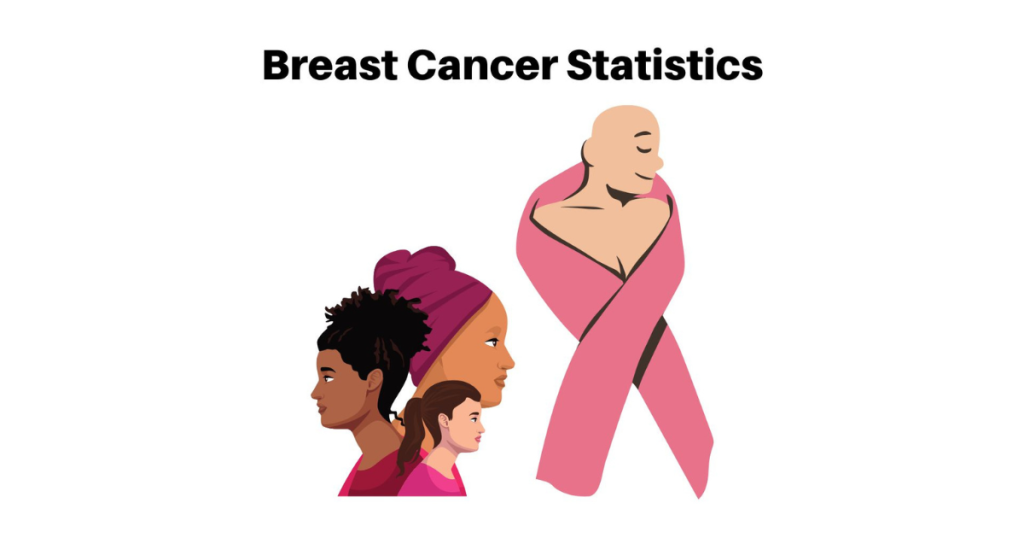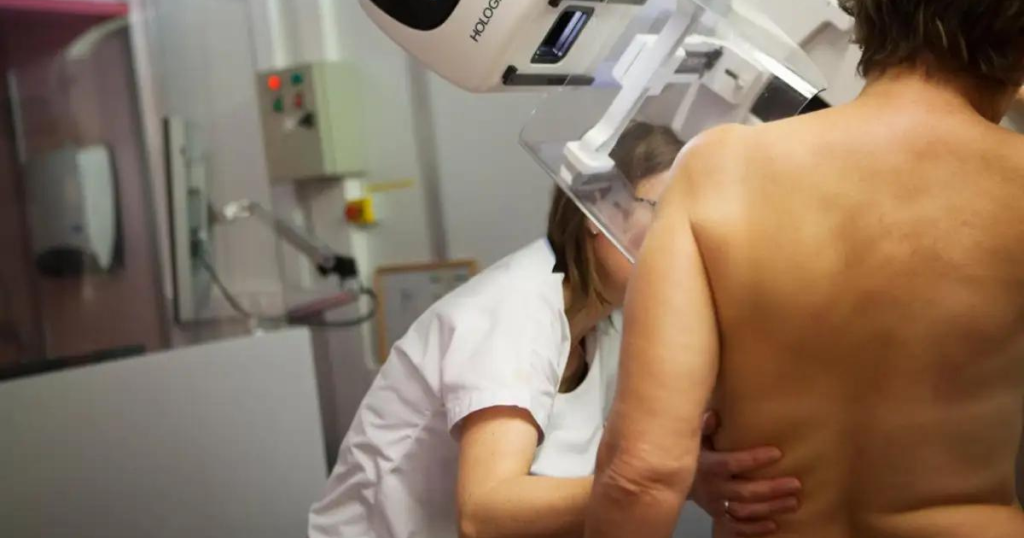A big step forward has been made when the Medicines and Healthcare Products Regulatory Agency (MHRA) recently expanded the approval for Anastrozole. It is now approved as a prevention treatment for postmenopausal women who are at moderate or high risk of getting breast-cancer. Anastrozole was first known as a hormone therapy for postmenopausal women with breast-cancer, but it had also been used for preventative reasons. The MHRA’s most recent statement backs up the drug’s claim that it can avoid breast-cancer in this particular group of people.
Validation through IBIS-II Study
The MHRA’s ruling is based on strong evidence from the IBIS-II study, which was an international, randomized, double-blind, placebo-controlled trial. This large study showed that the risk of getting breast-cancer was significantly lower in the women who took Anastrozole compared to those who took a placebo. The approval of Anastrozole for protection is a big step forward in the fight against breast-cancer, which is the most common type of cancer in the UK.
Breast Cancer Statistics

Without question, breast-cancer is a major public health issue, especially in the UK, where it is the most common type of cancer. Even though most cases are found in women over 50, it’s important to remember that younger women can also get this disease. Statistics show that about 1 in 7 women will be diagnosed with breast-cancer at some point in their lives. The MHRA’s approval of Anastrozole for prevention opens up a hopeful way to lessen the effects of this common health problem.
Dosage and Administration

Anastrozole is given as a 1 mg tablet, which is taken once a day for 5 years, to people who are qualified for preventative treatment. This routine is part of a planned effort to stop postmenopausal women with a moderate or high risk of getting breast cancer. This treatment plan may help lower the number of cases of breast-cancer because it is easy to get and understand.
Mechanism of Action
With its aromatase inhibitor action, anastrozole stops the production of estrogen, which is a hormone that causes cancer. This is done by stopping an enzyme known as “aromatase.” Anastrozole stops the production of estrogen, which is a key factor in the growth of hormone receptor-positive breast cancers. This makes it a targeted way to avoid the disease.
Side Effects and Patient Awareness

Anastrozole looks like a promising way to avoid breast-cancer, but it’s important to be aware of the possible side effects. Hot flashes, weakness, joint pain or stiffness, arthritis, skin rashes, nausea, headaches, osteoporosis, and sadness are some of the most common side effects. Being aware of your condition and being able to talk to your healthcare workers freely are very important. The MHRA promises to keep a close eye on Anastrozole’s safety and efficiency to make sure patients are safe.
You Might Be Like This: Biological Revolution, Shaping Tomorrow By Completing Chromosome XI in the Sc2.0 Project
MHRA’s Ongoing Surveillance

The MHRA is still committed to closely monitoring Anastrozole’s safety and effectiveness, just like they do with all medical treatments. People who think they might be having side effects are encouraged to talk to their healthcare providers right away as part of this pledge. You can report any bad effects directly to the Yellow Card scheme through their website or mobile apps. This allows patients and regulatory officials to keep talking to each other, which helps improve and perfect breast cancer prevention strategies.
Conclusion
The recent approval by the MHRA of Anastrozole to avoid breast-cancer in women who have gone through menopause is a major turning point in the ongoing fight against this widespread and harmful disease. This new development, which is based on strong clinical data and is backed by a dedication to patient safety, starts a new era in preventive measures. As more people learn about Anastrozole and healthcare professionals use it as part of their preventative plans, it becomes possible to lower the chance of getting breast-cancer in people who are more likely to get it.
